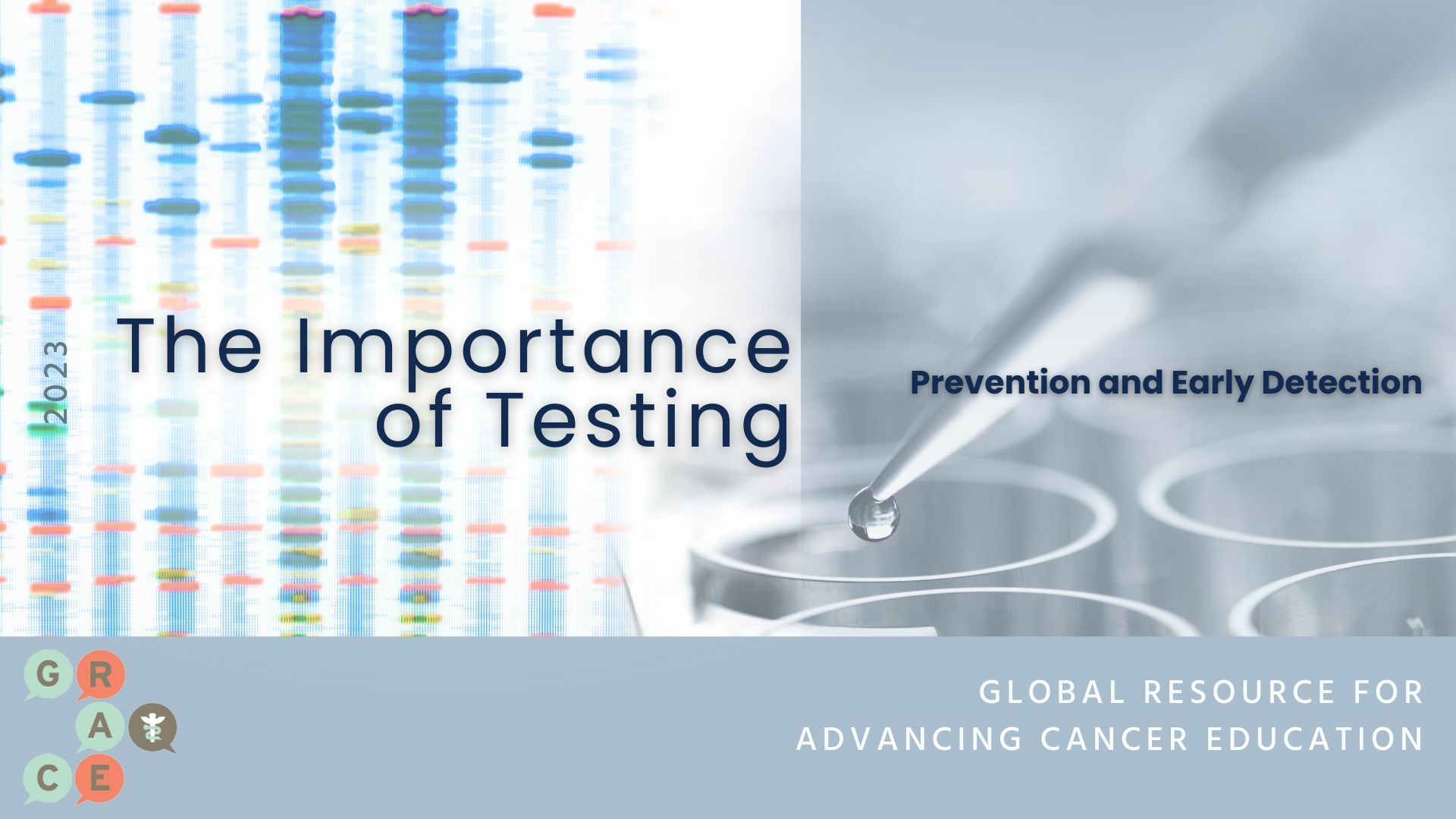Article and Video CATEGORIES
Please Note: New Treatments Have Emerged Since this Original Post
Almost exactly a year ago, I reported that the large MARQUEE trial of EGFR inhibitor Tarceva (erlotinib) plus either the MET inhibitor tivantinib (ARQ-197) or placebo as second or third line treatment for advanced NSCLC had been discontinued after a planned interim analysis revealed that it wouldn't be statistically significantly superior for overall survival (OS), the primary endpoint of the trial. A year later, the results have just been presented by Dr. Giorgio Scagliotti of Turin, Italy at the European Society for Medical Oncology conference (abstract E17-1821), and they suggest that characterizing the trial as "negative" may be misleading, as there are certainly elements of the findings that lead me to think tivantinib is an active agent, at least in the subset of patients whose tumors express significant amounts of MET protein.
The concept of MET inhibition is summarized in other posts, but what is notable is that two different agents that have looked very promising in phase II research have moved forward in phase III testing. Tivantinib is an oral small molecule inhibitor of MET, while MET-MAb (onartuzumab) is a monoclonal antibody against the same target. What is especially interesting is that while both agents appeared to improve outcomes in broad populations of patients with previously treated advanced NSCLC, the two trials suggested different things with regard to the need for significant expression of MET protein on the tumor cells. Specifically, there wasn't a clear signal in the work with tivantinib that MET expression was needed, while in the early trial with MET-MAb actually showed a striking finding that it seemed very beneficial when combined with Tarceva, but only in the approximately half of patients whose tumors expressed significant MET protein. In fact, it appeared to be detrimental when combined with Tarceva in the half of patients whose tumors don't express significant amounts of MET protein.
This led to the development of the two drugs along divergent pathways. Tivantinib's MARQUEE trial was a phase III randomized trial for previously treated patients regardless of MET expression, while MET-MAb's phase III trial, a little further behind, was limited to the half of patients with MET-positive NSCLC (by immunohistochemistry, with a dedicated diagnostic "immunohistochemistry" (IHC) test to be done by pathologists). We still await results from the MET-MAb trial, while the tivantinib trial was closed early for showing no significant OS benefit, though it actually did demonstrate a significant improvement in progression-free survival (PFS).
But the 1048-patient trial actually showed an especially encouraging signal for Tarceva/tivatinib vs. Tarceva/placebo in the subset of patients with MET-positive NSCLC. Though tumor tissue for MET expression testing was only available in about 40% of patients on the MARQUEE trial, the subset analysis showed a significant improvement in OS as well as PFS in MET-positive patients. What this also means is that if the "hazard ratio" for OS in the overall population was essentially no difference between the two groups (HR = 0.98, with perfect equivalence being 1.0) , this means that if one group did especially well, the other group must have done worse than the placebo group to have them average out to equivalence with placebo. In other words, the OS results recapitulate what was seen with MET-MAb in phase II testing (though PFS was still more favorable with tivantinib in the MET-negative group, so it doesn't seem to be an overwhelmingly detrimental effect).
We'll need to see what this means for MET as a target and tivantinib as a drug, the latter potentially being revived for further study in a MET-positive subgroup. However, it will now be several steps behind MET-MAb, which seems to me to be the biggest beneficiary of an ostensibly negative tivantinib trial that ultimately not only vindicates MET as a target but strongly supports the concept being employed with MET-MAb of focusing on the half of the NSCLC population with significant MET expression, even as it reminds us that we may potentially harm a subset of patients by treating untargeted populations with certain targeted agents.
Please feel free to offer comments and raise questions in our
discussion forums.
Forum Discussions
Hi Blaze,
As much as I hate to say it, Welcome back Blaze. It sounds like you're otherwise feeling good and enjoying life which is a wonderful place to be. ...
Waiting for my appointment with oncologist this morning. Thank you for the response. It helps. <3
It sounds like you’re thinking of this in a very appropriate way. Specifically, it sounds like the growth of the nodule is rather modest, though keep in mind that the change...
Hi and welcome to GRACE. I'm sorry your mom is having this difficulty. An indwelling catheter is used when the pleura space continually fills and the catheter is always there to...




